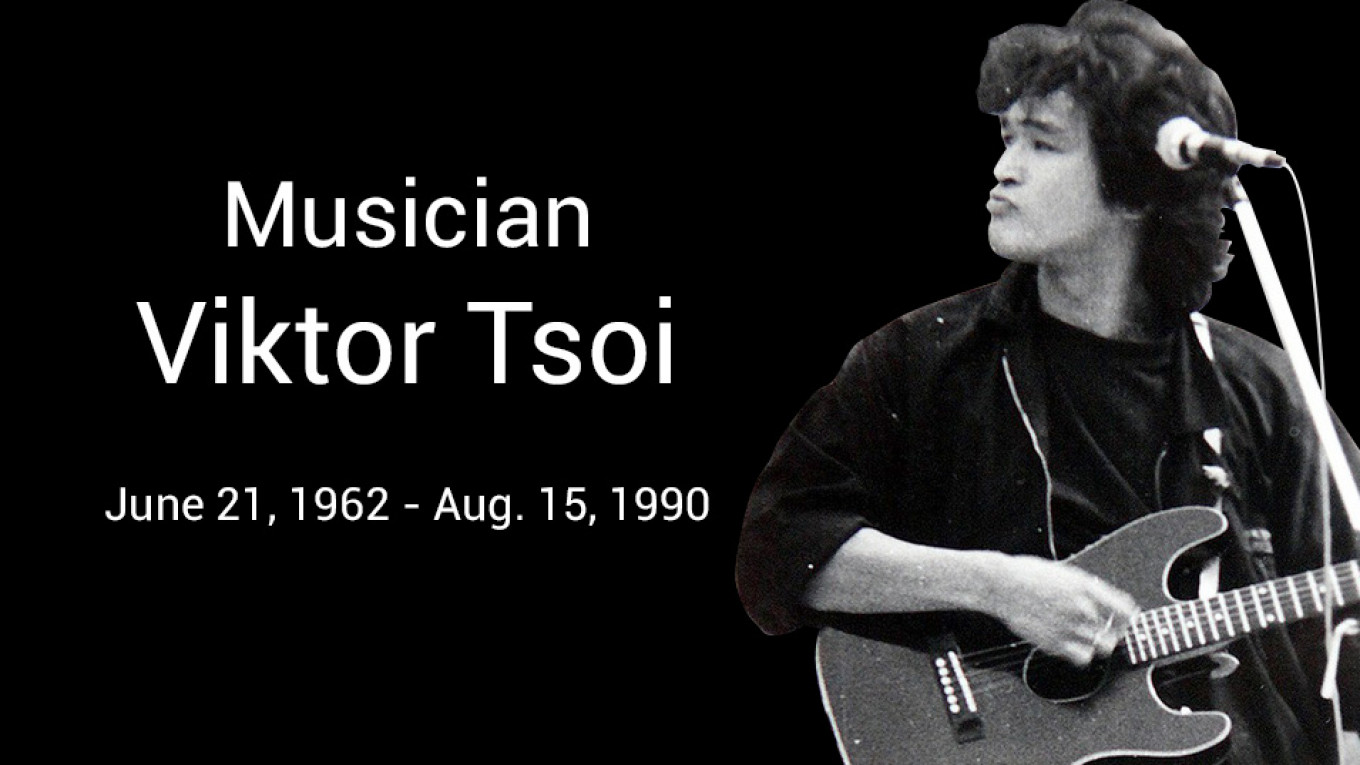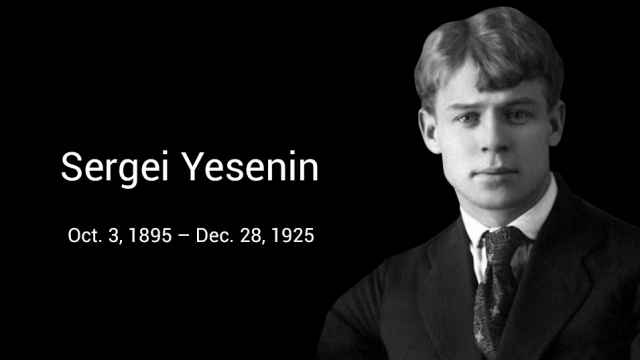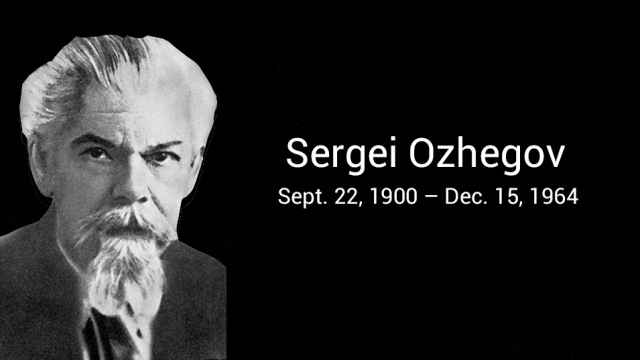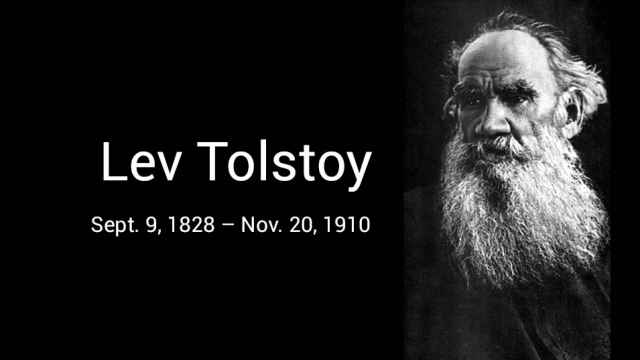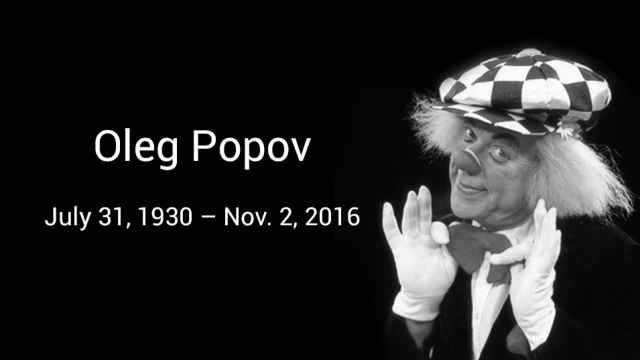Viktor Robertovich Tsoi was born and raised in Leningrad, now St. Petersburg. The Russian rock legend and frontman of the group Kino was the only child of Valentina Tsoi, a Russian school teacher, and Robert Tsoi, a Soviet-Korean engineer. Tsoi’s roots go back to Songjin, or what today is known as Kimchaek, North Korea, where his great-grandfather was born.
Tsoi attended art school from 1974 to 1977. He began to continue his art education in a different institution, but in 1979 he was expelled for poor performance. Tsoi then began studying to become a wood carver, though his interests lay in martial arts (he was a fan of Bruce Lee, whom he would later model his image after) and music.
After being found working illegally in Ukraine, Tsoi was sent to Moscow.
Tsoi began writing songs as a teenager, and by the time of his death had made ten albums.
During the Soviet ‘70s and ‘80s much of the music scene was dominated by state-endorsed pop stars. Underground rock music, which was virtually never played on radio or television, was based predominantly in Leningrad (specifically in the Leningrad Rock Club).
By the early ‘80s, Tsoi was playing bass for the band Palata No 6 and had established a close friendship with Alexei Rybin, who was then a member of hard rock group Piligrimy. Soon the pair would become part of punk band Avtomaticheskie Udovletvoriteli, and on trips to Moscow performed at Artemy Troitsky’s underground concerts. The duo then met Boris Grebenshchikov, who was already an established musician. Impressed with Tsoi’s songs, Grebenshchikov helped launch his musical career.
First playing as a solo artist, Tsoi’s music was well received by audiences. In the summer of 1981, Tsoi and Rybin formed the band Garin i Giperboloidy with a third member, Oleg Valinsky. They were given membership to Leningrad Rock Club, but following Valinsky’s enlistment to the army, the remaining pair of Tsoi and Rybin reformed as Kino – the band that would become a cornerstone of Russian rock.
Kino began recording its debut album in the spring of 1982, but it was only after a 1987 appearance in Soviet film “Assa” that the popularity of the band really took off.
After the release of their 6th album “Blood Type,” a more open political climate allowed for Kino’s rise to fame, and what is now known as “Kinomania” exploded. “Blood Type” was Tsoi’s most political album yet, with much of his music directed at youth and changes to the country. Tsoi emerged as a hero to Soviet youth.
Following this success, however, Tsoi maintained a relatively average lifestyle: He stuck to his job in a boiler room of an apartment building (which he called Kamchatka) because despite the band’s success, they still needed financial support. Much of the band’s material was distributed as musical samizdat – free of charge. While this didn’t earn the band much money, it only added to their relatability and popularity. The band went on tour to the U.S., Italy, France and Denmark. In 1990, Kino played at Moscow’s Luzhniki Stadium. This was arguably the band’s biggest and most triumphant moment.
Months later on Aug. 15, 1990, Tsoi was driving on a highway in Latvia. It was here he died in a car collision. Investigations say he had fallen asleep at the wheel, and reports show he had not consumed alcohol for at least two days before his death. At a speed of at least 130 kilometers per hour, Tsoi collided with a bus, which completely destroyed his car, killing him instantly.
The effect of his death was massive. The Komsomolskaya Pravda newspaper wrote, “Tsoi means more to the young people of our nation than any politician, celebrity or writer. This is because Tsoi never lied and never sold out.
“Tsoi is the last hero of rock.”
A Message from The Moscow Times:
Dear readers,
We are facing unprecedented challenges. Russia's Prosecutor General's Office has designated The Moscow Times as an "undesirable" organization, criminalizing our work and putting our staff at risk of prosecution. This follows our earlier unjust labeling as a "foreign agent."
These actions are direct attempts to silence independent journalism in Russia. The authorities claim our work "discredits the decisions of the Russian leadership." We see things differently: we strive to provide accurate, unbiased reporting on Russia.
We, the journalists of The Moscow Times, refuse to be silenced. But to continue our work, we need your help.
Your support, no matter how small, makes a world of difference. If you can, please support us monthly starting from just $2. It's quick to set up, and every contribution makes a significant impact.
By supporting The Moscow Times, you're defending open, independent journalism in the face of repression. Thank you for standing with us.
Remind me later.


